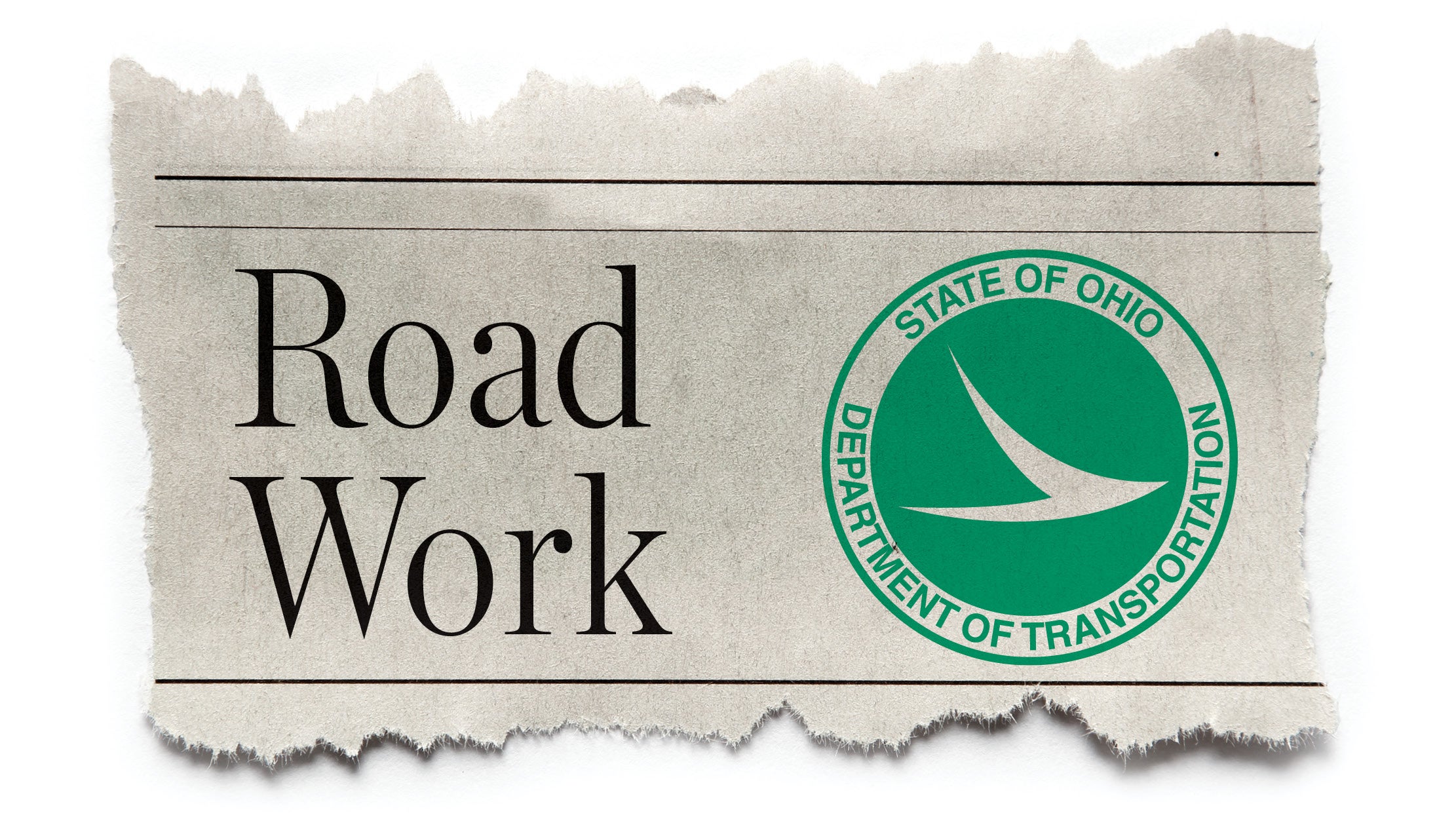Will state budget hurt, help county
Published 10:00 am Thursday, April 23, 2015
House vote process moves forward
Earlier this month Ohio governor’s biennium budget got derailed by the state House Finance Committee, headed by Lawrence County’s representative Ryan Smith, R-93. Gov. John Kasich’s budget was heavy on re-arranging the tax burden on various demographics, plus cutting help to schools.
The House committee’s version focuses more on getting money out to schools, especially in rural areas with the full House approving it on Wednesday.
Figures continue to get bandied about without any real data on how Ohio’s budget will trickle down to county governments that depend on the state for the local government fund, a source that once had a larger impact on local finances than it does today.
Not knowing what’s going to be in the budget this early in the game is not unusual, says Lawrence County Auditor Jason Stephens, who contends typically reality hits in the 11th hour in June, when the budget has to be in place, and not before.
“(Wednesday’s vote) is just one part of the budget process until the conference committee votes it out and the governor signs it,” Stephens said. “If history is any indication, we won’t know until both houses vote and the governor signs it. We have seen in the past things show up in conference committees.”
The county depends on two major revenue streams: sales tax and property tax collections.
So far property tax, making up 15 percent of the county’s revenue stream and collected twice a year, has brought in $19.7 million, for the first half of this year. Of that approximately 75 percent goes to the schools with 9 percent for the county’s use or approximately $1.18 million. Overall 2015 first half collection is up about $2.7 million.
However the other ways to finance county government show a roller coaster of ups and downs in those revenue streams, starting with the local government fund that dates back to the 1930s.
In 1935 Ohio’s consumers were first faced with a sales tax on goods purchased. To get support for the tax, lawmakers agreed that 40 percent of it would go back to the local governments, be it county, cities, villages or townships, first called revenue sharing, now known as the local government fund.
From 2008-2011 Lawrence County averaged between $1.1 million and $1.3 million annually from the LGF. Then in 2012 the state’s first budget under Kasich cut that almost by 40 percent from 2008 with Lawrence County getting $806,261.18. In 2013 the LGF dropped again to $612,348.84 and last year to $598,650.91.
About three years ago the state gambled on opening up four casinos, of whose revenue counties and cities would get 51 percent. However, Kasich’s predecessor, Ted Strickland, had already authorized opening racetracks with slot machines whose impact of the casinos continues to come under fire.
As far as Lawrence County is concerned the first year — 2013 — when all four casinos were up and running brought in $703,962.11. The next year that figure went up about $41,000 to $744,208. However to date, the county has gotten almost $9,000 less than this time last year.
The county’s major revenue stream comes from sales tax that in 2014 brought in almost $6 million. However Stephens has always viewed that as volatile since it is dependent on consumers’ spending patterns. Those funds come in three months behind when they are paid meaning that sales tax received by the county in January was actually paid by consumers in October; February’s in November and March’s in December.
The first three months of this year have seen an increase in sales tax of $88,117.02 over the same period for 2014. But the funds received in April for purchases made in January came in almost $62,000 less than April of 2014. That cuts the $88,117 increase down to $26,550.
In November, Stephens expects that revenue to be cut again, this time by $100,000 because of the three-day state-enacted sales tax holiday in August on school supplies and clothes and computers and accessories. That is an example of the unpredictable nature of the budget-making process, affected by more than a single piece of legislation, the auditor said.
“The sales tax holiday showed up at the last minute,” he said. “Those are the weird things you don’t know how to predict. I am taking a wait and see approach. I don’t see anything truly damaging, no game changers in the budget that I have seen. It remains to be seen what will come out in other bills.”




